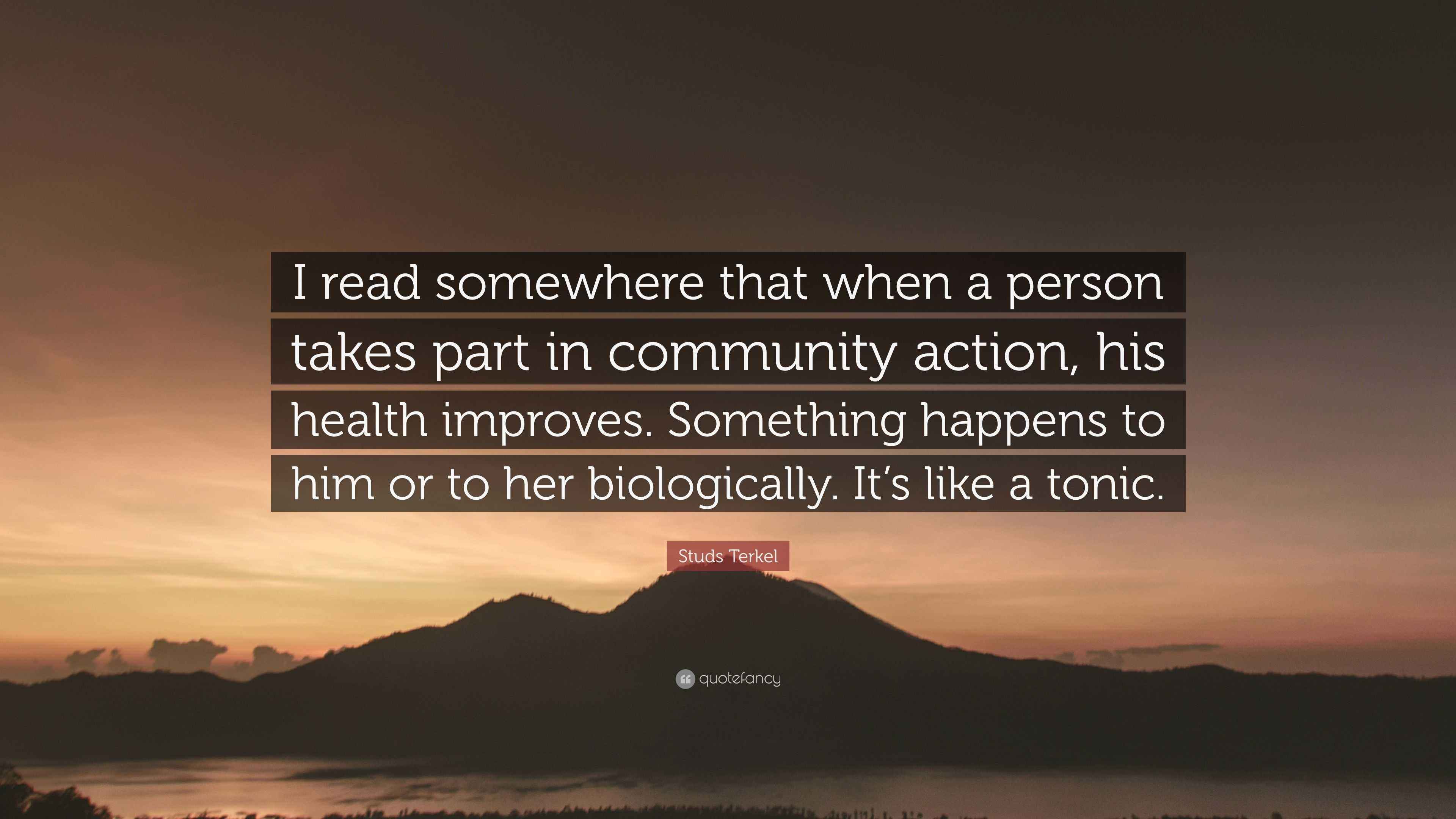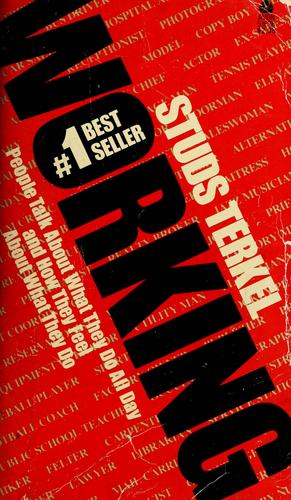

There are unforgettable and horrifying scenes here in this spare and sombre memoir of this experience of the hanging of a child, of his first farewell with his father who leaves him an inheritance of a knife and a spoon, and of his last goodbye at Buchenwald his father's corpse is already cold let alone the long months of survival under unconscionable conditions. He was the only one of the family to survive what Francois Maurois, in his introduction, calls the "human holocaust" of the persecution of the Jews, which began with the restrictions, the singularization of the yellow star, the enclosure within the ghetto, and went on to the mass deportations to the ovens of Auschwitz and Buchenwald. To me, that's what I want to be."įor the rest, Terkel finds "the desperation is unquiet" and here, at least, it's eloquent.Įlie Wiesel spent his early years in a small Transylvanian town as one of four children. Strikingly, the only people who seem genuinely to exult in their work are those who deal directly and intimately with other people-like the Brooklyn fireman who muses, "You see them give mouth-to-mouth when a guy's dying. Pride, the pride of craftsmanship is harder and harder to sustain the old work ethic seems to many like a dirty trick. Terkel talks to shipping clerks and sports figures, copy boys, hospital aides, salesmen, press agents, a doorman, a barber, a fireman, a cop, a pharmacist, a piano tuner, a stockbroker, a gravedigger.and yes, there is a common chord.


Nor is the sense of waste and futility confined to blue-collar workers. They'll have more respect, give more attention to that machine," says the twenty-seven year-old spot welder at Ford. They give better care to that machine than they will to you. Even their laughter, abrupt and nervous, will make you wince because in Terkel's words, "This book, being about work is, by it's very nature, about violence-to the spirit as well as to the body." "You're nothing more than a machine. Talking casually, sometimes disjointedly and hesitantly, or unleashing long suppressed feelings in an angry torrent, these are not clinical case studies but complex, fully human people whose humdrum reminiscences of long hours, days and years on the job are almost painfully involving. There is hardly an interviewer, commentator or probing journalist among us who can elicit so much grief and passion, so many forlorn hopes and decayed dreams, so much of the tedium and frustration of daily existence from his subjects as Studs Terkel.


 0 kommentar(er)
0 kommentar(er)
